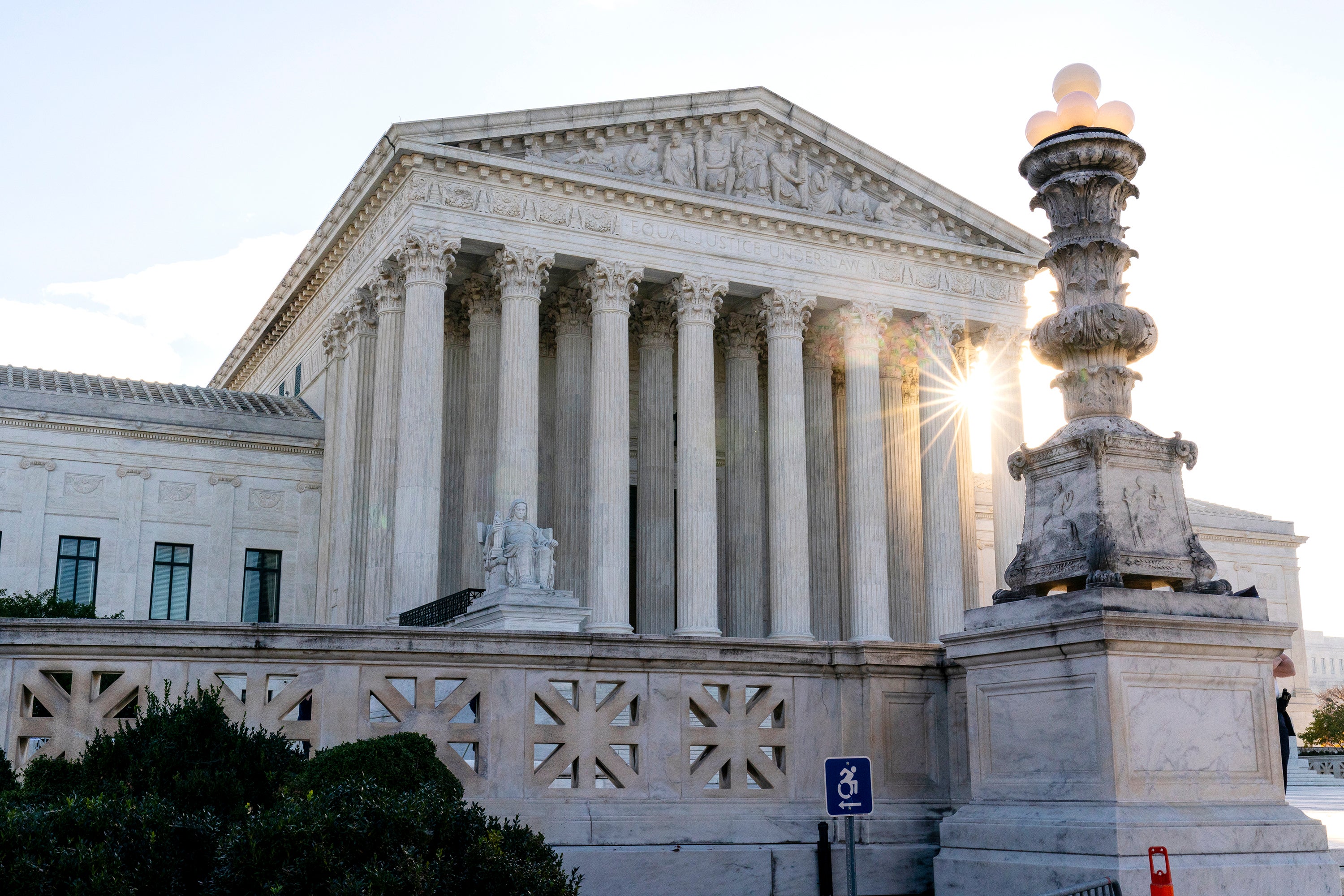Justices signal they could limit Indian Country ruling
The Supreme Court has granted Oklahoma’s request to retain custody of a man who's been on death row for killing three Native Americans

The Supreme Court on Wednesday granted Oklahoma s request to retain custody of a man who has been on death row for killing three Native Americans a sign the court may be willing to limit the fallout from last year's ruling that much of eastern Oklahoma remains a tribal reservation.
The action came in the case of Shaun Bosse, whose conviction and death sentence for the murders of Katrina Griffin and her two young children were overturned by a state appeals court.
The order makes it likely that the high court will weigh in soon on the extent of its 5-4 ruling last year in McGirt v. Oklahoma.
The state court had held that state prosecutors had no authority to try Bosse for the killings, which took place on the Chicksaw Nation's reservation, based on the McGirt decision.
Hundreds of criminal convictions, including several death sentences for first-degree murder, have been set aside, and tribal and federal officials have been scrambling to refile those cases in tribal or U.S. district court.
Oklahoma argued to the Supreme Court that it can prosecute crimes committed by non-Native Americans like Bosse, even if the scene of the crime is on tribal land. The state also said there might be technical legal reasons for rejecting Bosse's claims.
The three liberal justices dissented from the order but did not explain their disagreement. They were in last year's majority, along with Justice Neil Gorsuch the author of the opinion. Gorsuch did not publicly dissent from Wednesday's order.
The fifth member of the McGirt majority was Justice Ruth Bader Ginsburg, who died in September. She has been replaced by Justice Amy Coney Barrett
Bosse already has been charged with the killings in federal court, and he had been scheduled to be transferred to federal custody. But he could not be sentenced to death under the federal charges.